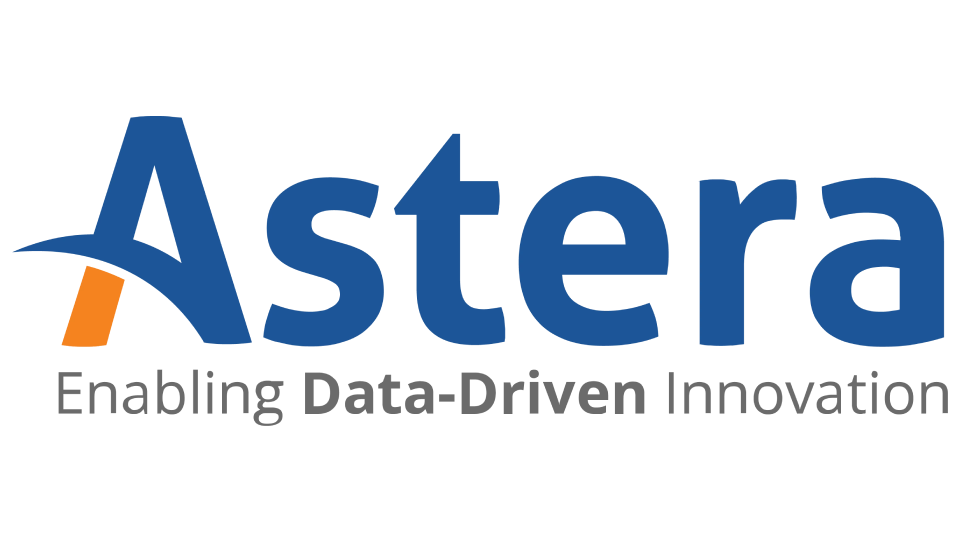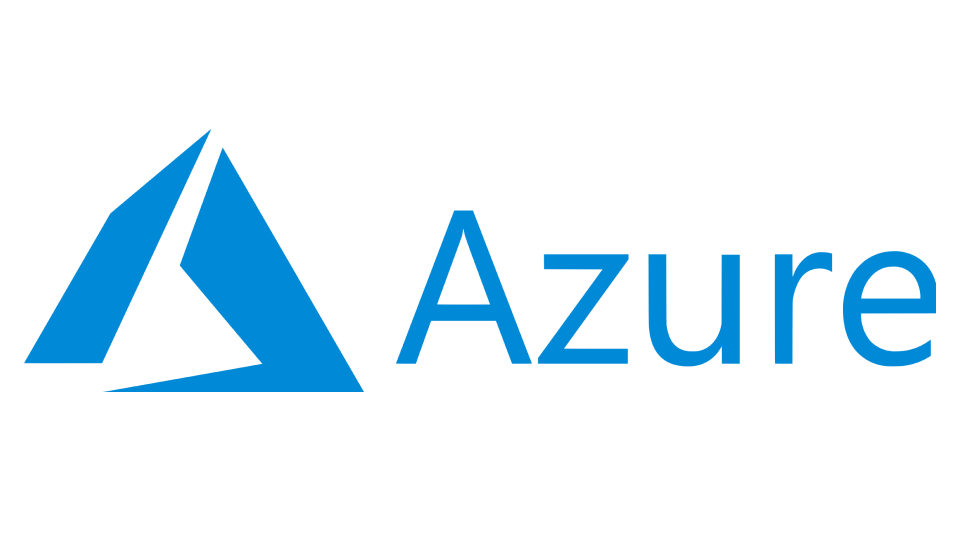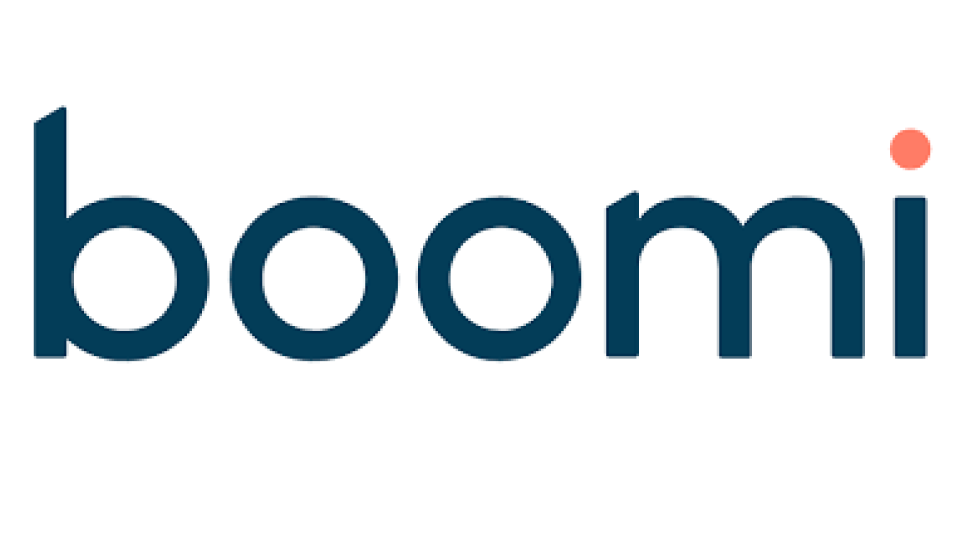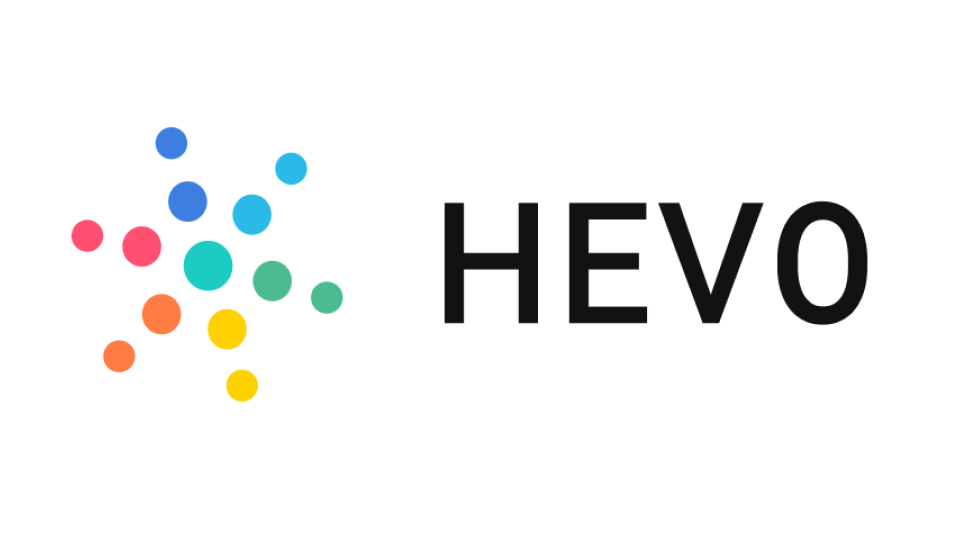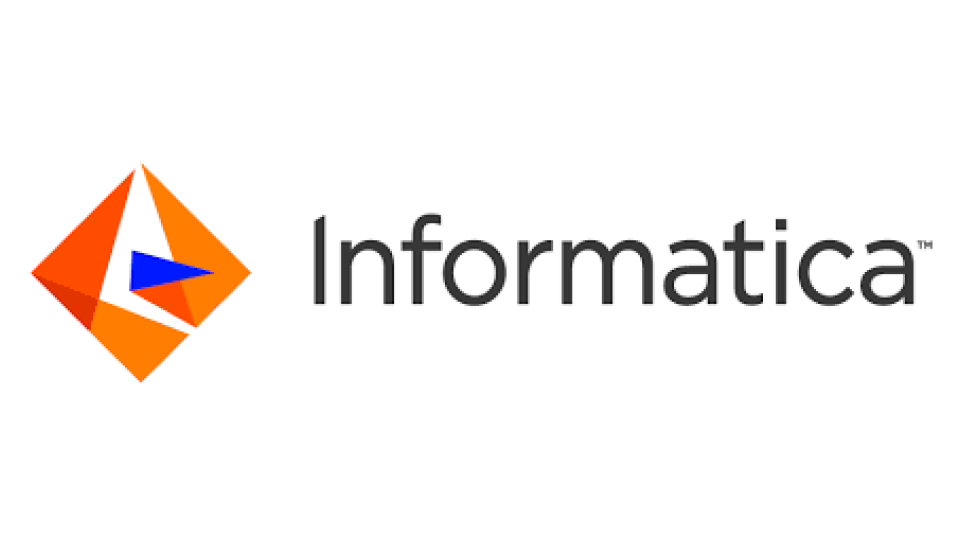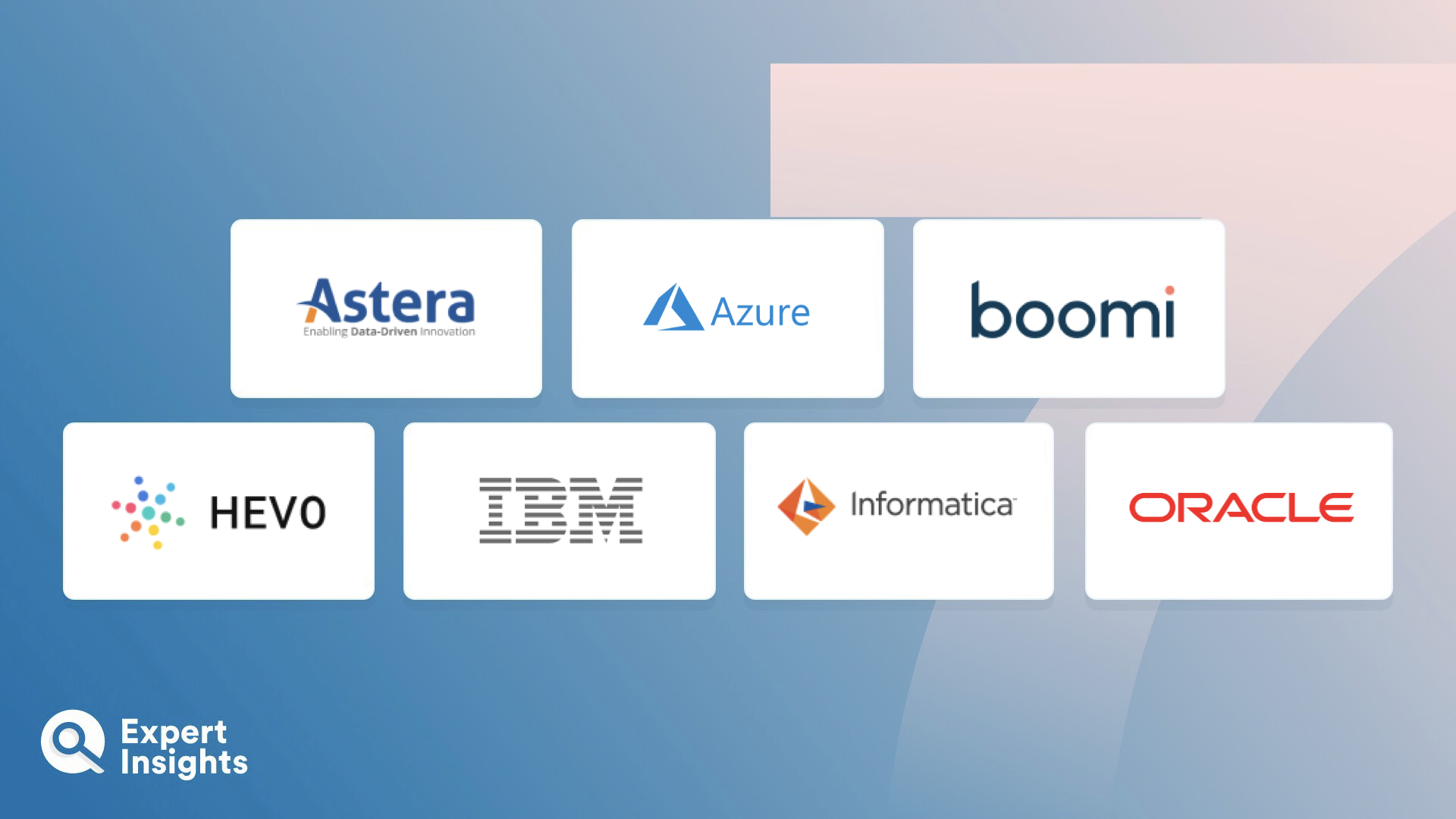Data integration solutions play a pivotal role in ensuring that businesses can access data from diverse sources as they need it. They effectively aggregate, transform, and utilize data from sources across your estate for backend, employee, and user access. In today’s age of data-driven decision-making, the importance of reliable data integration cannot be understated. Without it, many workflow processes would simply cease to function. Data integration solutions allow for the consolidation of information from various databases, applications, systems, and sources, creating a unified view for decision-makers and allowing data-driven processes to run.
At the heart of data integration lies the ETL (Extract, Transform, Load) process, which manages how data is extracted from its original source, transformed into the desired format, and loaded into a data warehouse or another system for analysis. However, as businesses grow and data demands increase, the complexity of data integration and management escalates. There’s a growing need for solutions that can effectively handle data from diverse platforms, whether on-premises, cloud-based, or hybrid. There is also a growing demand for users and employees to have real-time or near-real-time access to data via integration, enabling them to keep pace with the dynamic nature of today’s business environment.
Implementing a data integration solution can help businesses address these challenges; they eliminate data silos, enhance data quality and consistency, promote real-time insights, and empower businesses with the ability to adapt rapidly to evolving demands. To achieve this, data integration tools often include features like data quality management, metadata management, data profiling, and data cataloging. Some advanced solutions can handle big data integrations, IoT data streams, and provide advanced analytics capabilities too.
The data integration solutions market is expansive with a range of products suited to different use cases and data types. Whether businesses seek out-of-the-box connectors, drag-and-drop interfaces, or highly customizable solutions, there’s likely a data integration tool to meet their needs. In this article, we’ll explore the top data management solutions identify key features, assess ease-of-use, and scalability.



